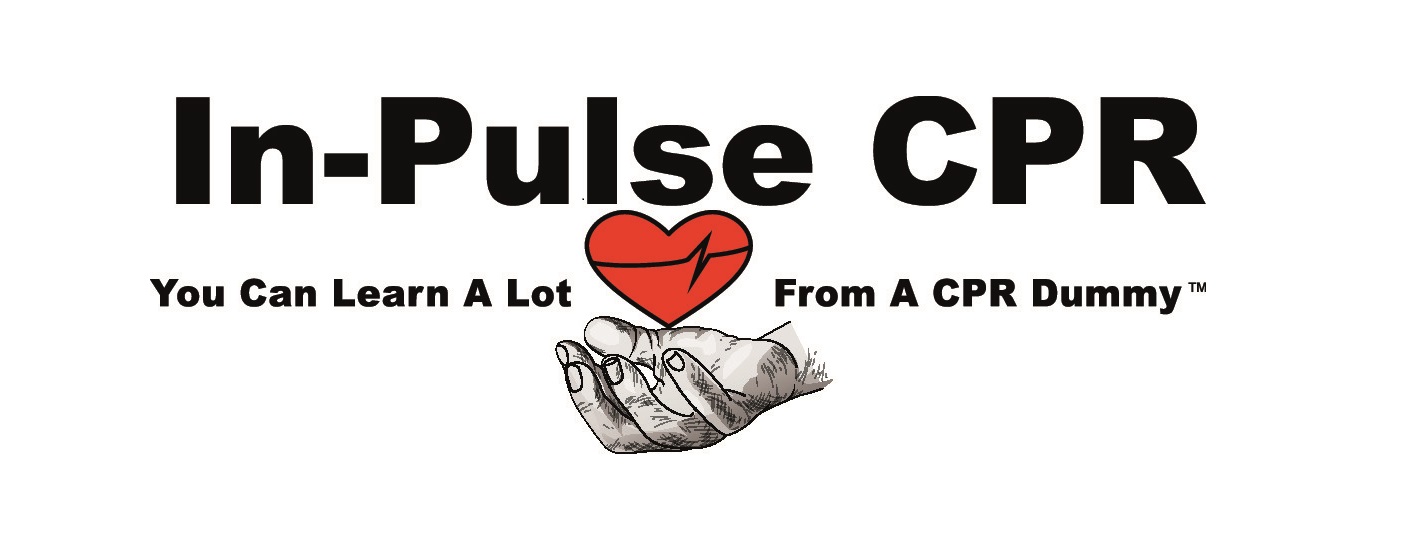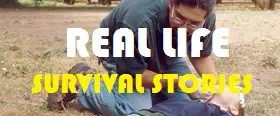A new law, passed by Governor Mark Dayton on April 23, 2012 (H.F. 2509/S.F. 1908), will require that school age students learn to use an external defibrillator, as well as receive hands-on training of CPR practices, at least once before they graduate. It is recognized that students can, and do save lives with knowledge and use of CPR skills. In 30 minutes or less, millions of potential heroes can be created. By learning CPR, you can be prepared to save the life of a man, woman or child, and it only takes about 30 minutes to learn the technique.
A heart attack can be fatal without the life saving interference of CPR. Each year, EMS teams respond to close to 300,000 calls related to heart attacks. It has been determined that the national survival rate for a heart attack is only 7%.
The biggest reason for the low survival rate is lack of interference by bystanders. Less than one-third of out-of-hospital cardiac victims receive CPR. This means, bystander participation is low when a cardiac crisis happens.
Low participation is partly due to bystanders not knowing how to perform CPR. When you have the skills to perform CPR, you will be more apt to step up and help, if you encounter someone in cardiac distress.
Performing CPR isn’t just for adults. School age children can learn CPR techniques in 30 minutes or less, and well enough to achieve the skills to perform adequate, life sustaining intervention.
School age children can perform CPR on a heart victim with the right training. And school age children can receive training, and become skilled in CPR through a self-directed, video-based program. This self-directed program is DVD-based, and requires the use of mannequin dummies for learning chest compressions. The American Heart Association has been a strong advocate for CPR training for Minnesota school age students and is pleased that this new bill has been passed.
In-Pulse CPR, Inc., a local American Heart Training Center, is looking forward to the challenge in training additional instructors to meet the upcoming training demand for Minnesota schools.
As of now, only a small number of Minnesota schools offer CPR training. Those that do are required to follow nationally recognized guidelines. Eventually, as of 2014-15 school year, all Minnesota public schools will be required to offer this important training to 7th through 12th grade students at least once before one can graduate. Schools will be required to provide training as part of the school’s curriculum.




